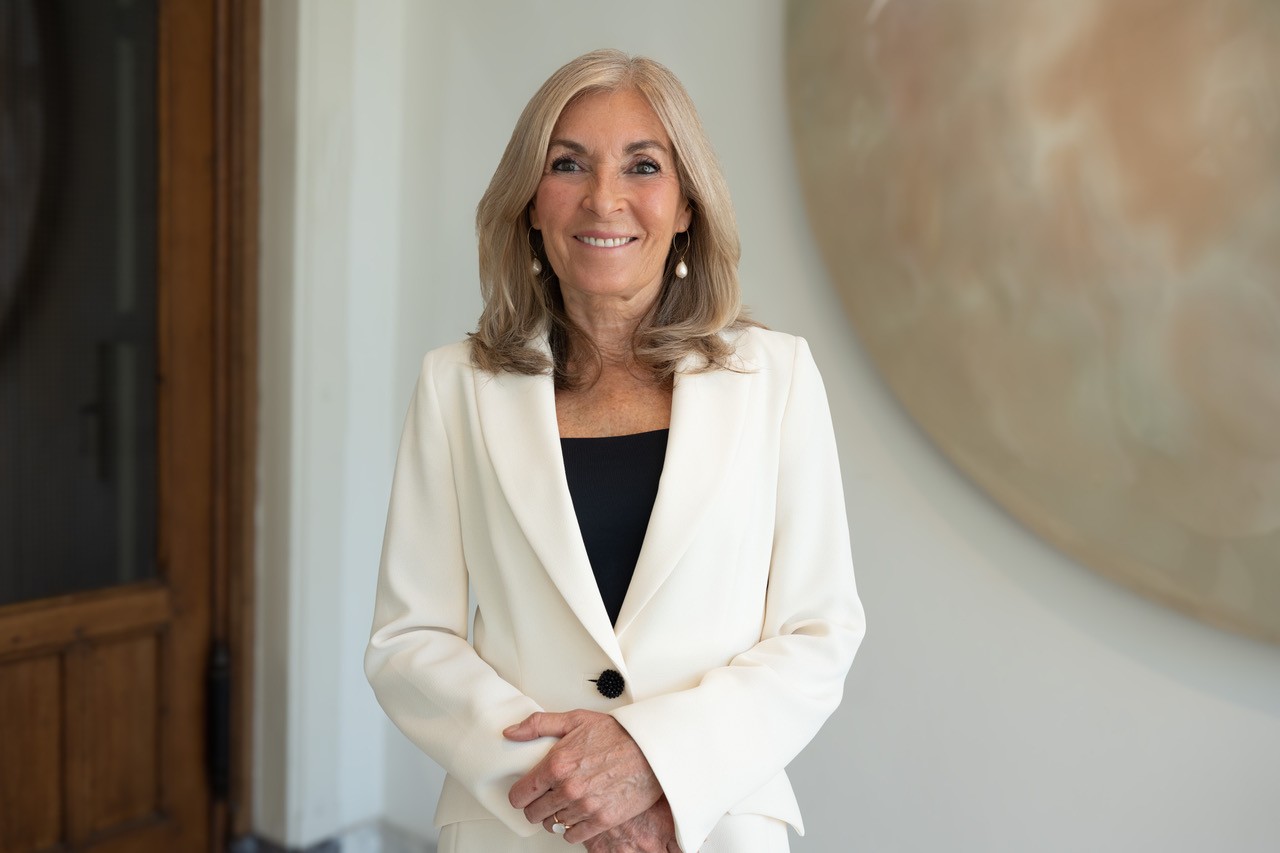Inheritance law for expats in the Netherlands – key considerations
Inheritance is fundamentally a difficult subject to think about, but as an expat with family in other countries, it can be even harder as you have to deal with contradictory and confusing international laws during a difficult time. Here are some key considerations to simplify inheritance law for expats living in the Netherlands.
This post was reviewed and updated on 14 August 2020
Determining which country’s law applies to an inheritance is an important first step, as it can affect how the estate is divided, as well as the rights and obligations of the heirs.
Which country’s law applies to my (international) inheritance?
If you’re living in the Netherlands, you may think that Dutch law will automatically apply to an inheritance you receive, regardless of where the deceased lived – but this is not guaranteed.
Every country has its own rules to determine which inheritance law applies to a person’s estate. This could be the law of the deceased’s country of nationality, or the law of the country where the deceased lived, or the law of the country where the property is located.
The only way to choose which law will apply to an estate is to stipulate that in a will. In a will, you may choose to apply the law of your own nationality to your estate. You cannot choose for another country’s law.
Uniform inheritance law in the European Union (EU)
The Inheritance Law Regulation simplifies inheritance within the EU by introducing uniform rules for cross-border inheritance law. This regulation applies to all EU countries except for Denmark and Ireland.
Under this regulation, from 17 August 2015 onward, the law that will apply to any inheritance for which no will is made is the law of the country in which the deceased had his or her habitual residence at the time of their death.
This means that if you are, say, a Spanish person living in the Netherlands, and you die after 17 August 2015 without making a will, then Dutch law could apply to your estate.
Dying in the Netherlands without a will
When you are living in the Netherlands and you die without making a will, then Dutch law will determine what happens to your estate. Under Dutch law, your heirs will each be entitled to an equal share of your estate.
Here are four examples of what this could mean in practice:
1 – If you are married or have a registered partner and you have children, then under Dutch law the so-called “statutory division” will apply. In practice, this means the spouse will acquire the entire estate, and owe the children their share of your estate. However, the children will not be able to claim their share until the death of your spouse.
2 – If you have children but no spouse, the children will each inherit an equal share of your estate.
3 – If you are not married and you have no children, then your estate will go to your siblings and parents.
4 – If you are only living with someone, but have not married or entered into a registered partnership with that person, then the person with whom you live will not be legally entitled to any share in your estate. If you wish this person to inherit, you need to stipulate this in a will.
Dying in the Netherlands with a will
When you are living in the Netherlands and you die after you have made a will, then your estate will be handled according to your will. Making a will gives you more choices:
You can specify in your will that you wish the law of your own country of nationality to apply, instead of Dutch law. For instance, an Italian person living in the Netherlands may choose to apply Italian law to their estate.
You may also choose to appoint an executor for your estate, to divide your estate unequally, leave specific bequests to heirs, name a cohabiting partner as heir, or disinherit someone, etc. – if those choices are allowed according to that country’s law.
In addition, you can make use of an exclusion clause. This clause is especially important for expats because it allows a person to leave an inheritance to an heir without the risk that it could fall under a community of property. In other words, the heir will not have to share that inheritance with a spouse even if they are married in a community of property and later, in case of divorce – the inheritance will belong to him alone.
If you are living in the Netherlands, then the best way to protect your heirs’ rights and to have your last wishes respected is, without question, to make a will.
Get help with international inheritance
Cross-border inheritance can be extremely complicated, and it is crucial to understand the consequences of your choices.
An international inheritance lawyer can help you make the best choices. This includes advice you can trust on the best law to apply, your rights within that law, special clauses to protect your heirs’ inheritance, guardianship and estate planning.
If you need help understanding your rights regarding a specific international inheritance, or if you’d like to discuss planning for your estate, our team of experts can help you. You can contact us by phone, email or using our online form.


